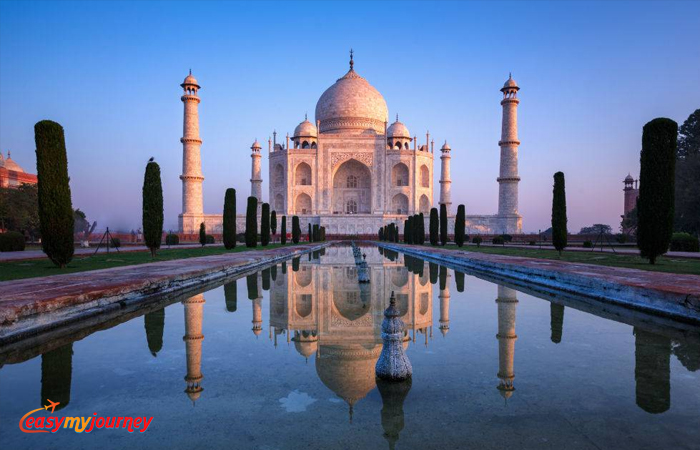Maha Shivaratri is one of the most sacred festivals celebrated by Hindu devotees in honor of Lord Shiva. Celebrations of Maha Shivratri in 24th Februry 2017.
Maha Shivaratri - Lord Shiva in Hindu mythology stands for the source of immense power and is worshipped all across the country with fervent devotion. According to Hindu belief, Lord Shiva got married a second time to Maa Parvati in Phalgun month of the Hindu calendar. The marriage of Shiva and Parvati represents the union of passive and dynamic energy and this powerful moment is celebrated as Maha Shivratri. Lord Shiva is believed to reveal his 'lingam' form, which is universally worshipped across the country, on this very night. This explains the importance attached to 'Rudra Abhishek' ceremony which is performed by devotees on the 'lingam' form at midnight on Maha Shivratri.
Variously addressed by devotees as 'Mahadev' and 'Bholenath' revealing his different aspects, Lord Shiva is believed to release devotees from the karmic cycle if they please him by perform fasting, rituals and puja on the auspicious day of Maha Shivratri. It is also believed that Lord Shiva bestows a life of wealth and prosperity on the sincere devotee. Mahashivratri in India evokes strong associations of a woman's penance to earn her husband, epitomized by Maa Parvati's strict penance for Lord Shiva. This belief is reinforced by the fact that On Maha Shivratri, married women consciously observe a day-long fast to pray for long life of their husbands. Unmarried women are encouraged to fast and seek blessings from Lord Shiva to win a suitable husband.
The foremost of popular legends around Shivratri include how Lord Shiva held the poison Halahal in his throat without gulping it down, thus saving the world on this day. Maha Shivratri also coincides with the day when Lord Shiva performed the 'Tandav' dance - a dance that revealed the dynamic cycle of creation and destruction in the cosmic realm.
Devotees observe strict fast while some stay on fruit diet to mark the occasion of Mahashivratri. After an early dip in a holy water body, devotees proceed with the ritualistic puja of Shivratri, which involves the simple practice of bathing the 'lingam' with milk, water, yoghurt, bael leaves, fruits, dhatura, betel leaves and incense. The Nandi, Lord Shiva's devotee and mount is also bathed with milk, water and flowers. Partaking of the 'prasad' is considered most auspicious as it is imbued with the blessings of Lord Shiva.
Mahashivratri Celebrations
Frenzied energy and robustness of spirit is evident on the auspicious day of Shivratri. 'Om Namah Shivaya' and ringing of temple bells are constantly heard in temples from afar. The rituals and celebration continue till night time. Devotional songs, bhajans and mantras rend the air with spiritual vibrations. On the day of Maha Shivratri, constant recital of 'Shiv Chalisa' and 'Mahamrityunjaya Mantra' using a Rudraksha Japa Mala is also believed to cleanse the soul. Special celebration is also organized at ashrams and spiritual centres dedicated to Shiva worship. On the day of Mahashivratri, dedicated cultural programmes are organized. Mahashivratri celebration keeps up the energetic tone throughout the night.
Maha Shivratri in India
In Mandi, in Himachal Pradesh, the ancient Bhuthnath hosts the biggest Shivaratri Puja in the country while a seven-day long annual fair is held, its first day coinciding with the auspicious day of Shivaratri. In Madhya Pradesh, Khajuraho is the most frequented site for Shivratri puja. In Orissa, people visit Lingaraj Temple for its Shivaratri celebration. At the temple of Tarakeshwar, farther away from Kolkata, devotees bathe the lingam with pure Ganges water and flowers.
Traditionally, priests perform Maha Shivaratri Puja and 'abhishek' of the 'lingam' ritualistically through the night. Since Maha Shivratri is one of the most pious days in the Hindu calendar, the twelve major seat of Shiva worship called 'Jyotirlingas' witnesses unmatched fervor and utmost participation. The entire night during Shivratri celebration reverberates with exalted spiritual energy. A combination of five pure ingredients comprising milk, butter, curd, honey and sugar is offered to Lord Shiva.

